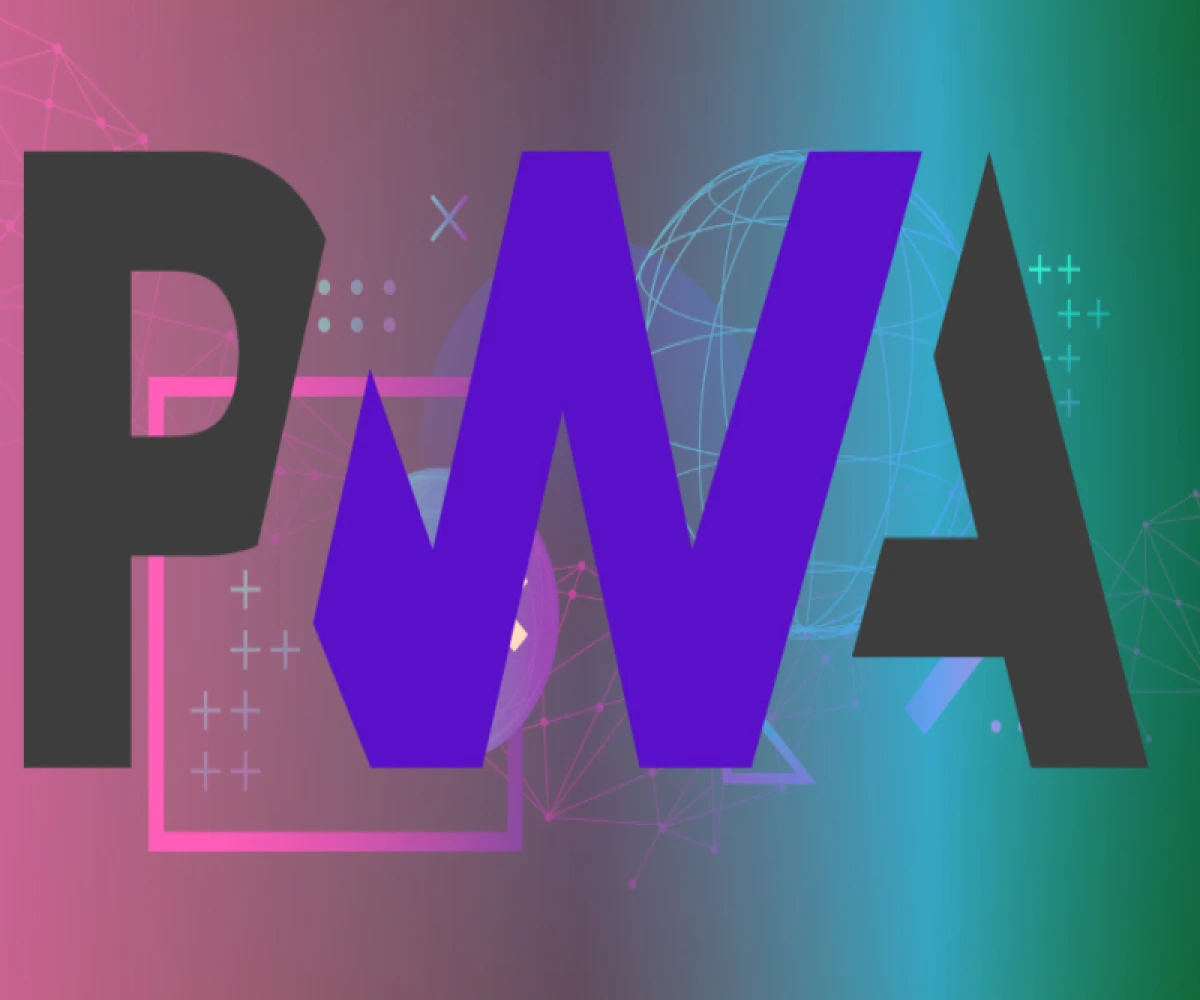
What are Progressive Web Apps (PWAs)?
Progressive Web Apps: The Future of Mobile Web Experiences
Have you ever come across a website that feels more like a native app? That's the magic of Progressive Web Apps (PWAs)! In this blog, we'll delve into PWAs, understand what they are, explore their benefits through real-world examples, and uncover why they might be the future of mobile web experiences.
What are Progressive Web Apps (PWAs)?
Imagine a website that combines the accessibility of a web page with the functionality of a mobile app. That's essentially a PWA. Built using standard web technologies like HTML, CSS, and JavaScript, PWAs are designed to work seamlessly across any device with a modern browser.
Here's what makes PWAs unique:
- Installable: Unlike traditional websites, PWAs can be installed on your home screen, just like a native app. This provides quick and easy access without needing to open a browser.
- Offline Functionality: PWAs can work even without an internet connection. They can store essential data and functionalities for offline use, offering an uninterrupted experience.
- Push Notifications: Similar to native apps, PWAs can send you timely updates and notifications, keeping you engaged with the content.
- Fast and Responsive: PWAs are designed for speed and responsiveness, ensuring a smooth and enjoyable user experience.
Examples of PWAs in Action
PWAs are rapidly gaining traction across various industries. Here are a few examples of how companies are leveraging PWAs to enhance user experience:
-
Twitter Lite: This PWA version of Twitter offers a lightweight and fast experience, perfect for users with limited data plans or older devices.
-
Forbes: Forbes' PWA provides a more immersive reading experience, allowing users to save articles for offline access and receive notifications about breaking news.
-
Starbucks: The Starbucks PWA lets users order and pay for their coffee in advance, streamlining the pick-up process.
Why PWAs Matter
PWAs offer a multitude of benefits for both users and businesses:
- Enhanced User Experience: PWAs provide a fast, reliable, and app-like experience on the web, eliminating the need to download and install native apps.
- Increased Engagement: Offline functionality and push notifications keep users engaged with the content even when they're not online.
- Boosted Conversions: Studies have shown that PWAs can lead to increased conversions and sales for businesses.
- Wider Reach: PWAs work across all devices and platforms, eliminating the need to develop separate apps for different operating systems.
The Future of Mobile Web
With their unique blend of web and app functionalities, PWAs are poised to revolutionize the mobile web experience. They offer a cost-effective way for businesses to reach a wider audience and provide an engaging user experience without compromising on accessibility. As technology evolves, we can expect PWAs to become even more sophisticated, blurring the lines between websites and native apps.
So, the next time you browse the web, keep an eye out for PWAs. They might just change the way you interact with your favorite websites!


